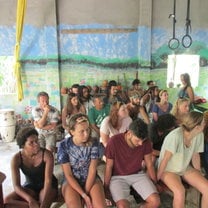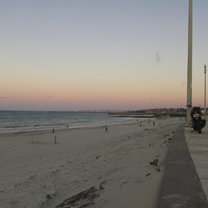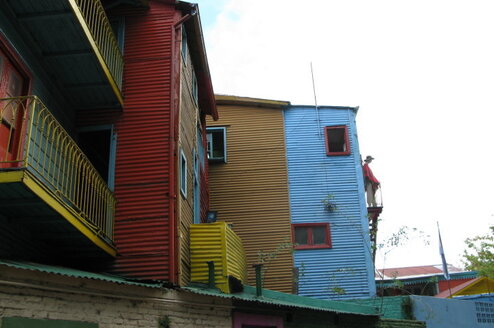Brazil: Social Innovation and Community Development - INACTIVE
Location
- Brazil
Term
Fall, Spring
Need-based funding, Merit-based funding, General grants/scholarships, BIPOC funding
Health & Safety
Sep 21, 2017
Sep 13, 2016
0 travelers are looking at this program
About Program
Explore the multifaceted dynamics shaping development patterns in northeastern Brazil
Northeastern Brazil is a patchwork of contrasting elements: millionaires and peasants; abundant rainforests and drought-plagued agriculture; avant-garde architecture and slums all simultaneously coexist in this complex region.
Within this paradoxical context, this program examines the vast human and environmental challenges confronting northeast Brazil's populations and the impact of social inequities on economic growth. Students interact with different ethnic groups, including indigenous and Afro Brazilian populations, to gain insight into the challenges and benefits of implementing social change within a multicultural environment.









